In the ever-evolving world of technology, choosing the right keyboard can significantly impact your typing experience, whether you’re a gamer, a writer, or simply someone who spends hours typing each day. The debate between a mechanical keyboard vs normal keyboards has gained substantial attention, as each type offers distinct advantages and caters to different user preferences. This detailed comparison will help you understand the key differences, benefits, and drawbacks of each, enabling you to make an informed decision that best suits your needs.
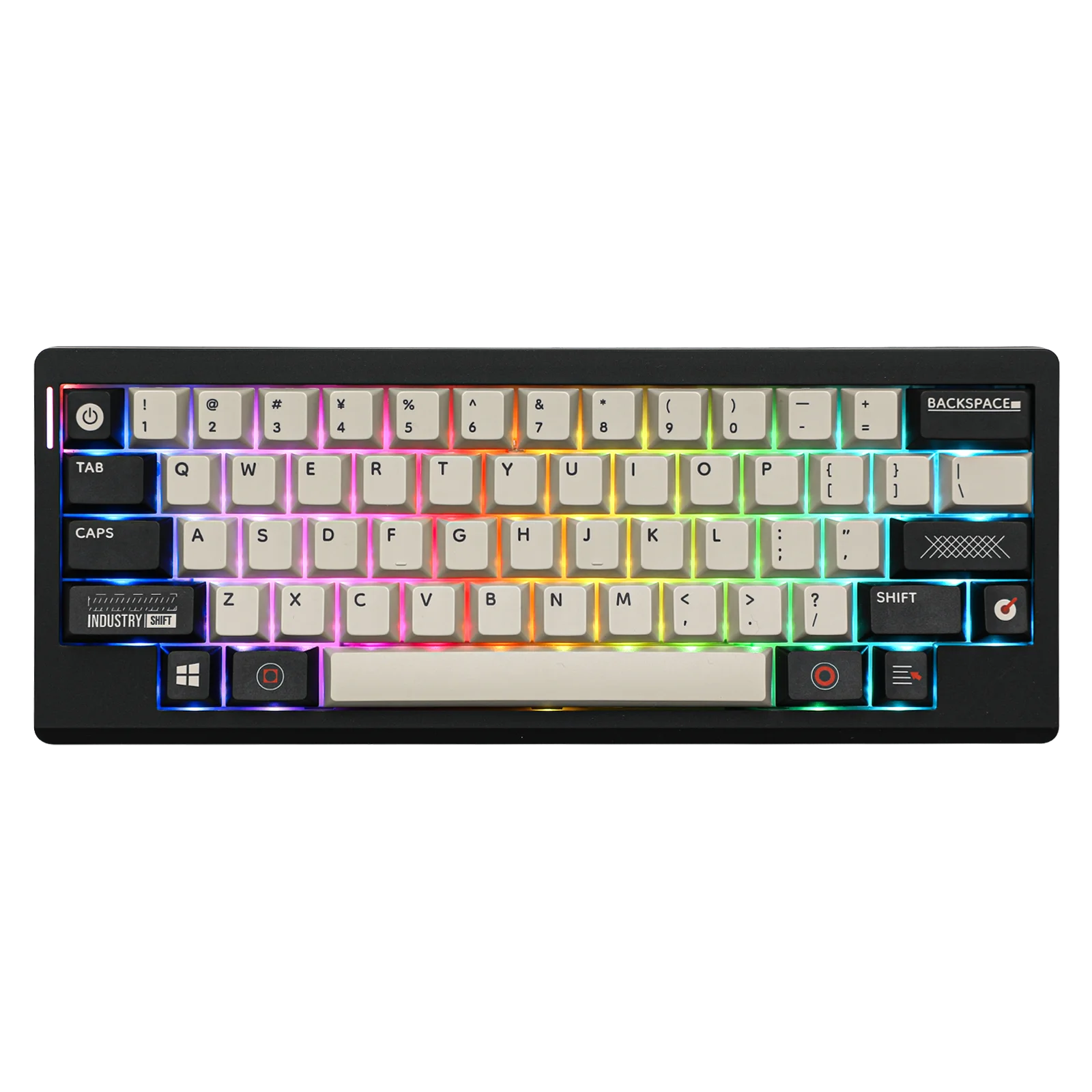 What is a Mechanical Keyboard?
What is a Mechanical Keyboard?
A mechanical keyboard uses individual mechanical switches for each key. These switches offer tactile feedback and durability. They differ from normal keyboards, which typically use a membrane or rubber dome system. Mechanical keyboards are popular among gamers, typists, and tech enthusiasts.
Key Features of Mechanical Keyboards
- Mechanical Switches: Each key has its own switch, ensuring consistent and precise input.
- Durability: They last longer, often rated for 50+ million keystrokes.
- Customizability: Keycaps and switches can often be replaced or customized.
- Tactile Feedback: You feel and sometimes hear the actuation of each keypress.
- Variety of Switch Types: Options such as linear, tactile, and clicky styles cater to preference.
How Mechanical Switches Work
Under each key lies a mechanical switch. These switches consist of a housing, spring, and a stem. When you press a key, the stem moves downward, compressing the spring. Once the actuation point is reached, the switch registers the input. This mechanism ensures precision and reduces accidental keystrokes. Some switches offer a tactile bump or click sound, enhancing the typing experience.
Types of Mechanical Switches
- Linear Switches: Smooth and quiet, ideal for gaming with no tactile feedback.
- Tactile Switches: Offer a tactile bump upon actuation, excellent for typing.
- Clicky Switches: Provide an audible click and tactile bump, satisfying for some users.
- Low-Profile Switches: Slimmer designs for compact keyboards, maintaining mechanical benefits.
- Hybrid Switches: Combine elements of mechanical and membrane keyboards for specific needs.
The variety ensures you can choose a switch type that fits your preferences and workflow.
What is a Normal Keyboard?
A normal keyboard, also known as a membrane keyboard, uses a rubber dome or membrane system for key presses. Unlike mechanical keyboards, these keyboards rely on pressure pads for input. They are widely used due to their affordability and lightweight design.
Key Features of Membrane Keyboards
- Membrane Design: Uses a single layer of flexible material below the keys.
- Cost-Effective: Generally cheaper to produce and purchase compared to mechanical keyboards.
- Compact and Lightweight: Slim build, which makes it easy to carry around.
- Quieter Operation: Minimal noise during typing, suitable for shared spaces.
- Shorter Lifespan: Typically withstands fewer key presses than mechanical keyboards.
Differences Between Membrane and Mechanical Keyboards
- Switch Mechanism: Membrane keyboards use pressure pads; mechanical keyboards use individual switches for each key.
- Durability: Mechanical keyboards last longer, while membrane keyboards wear out faster.
- Typing Feedback: Mechanical keyboards provide tactile or audible feedback; membrane keyboards offer softer keystrokes.
- Price: Membrane keyboards are more budget-friendly; mechanical keyboards are premium and pricier.
- Customization: Mechanical keyboards allow keycap and switch customization, while membrane keyboards do not.
These key differences make each keyboard type suitable for different users and purposes.
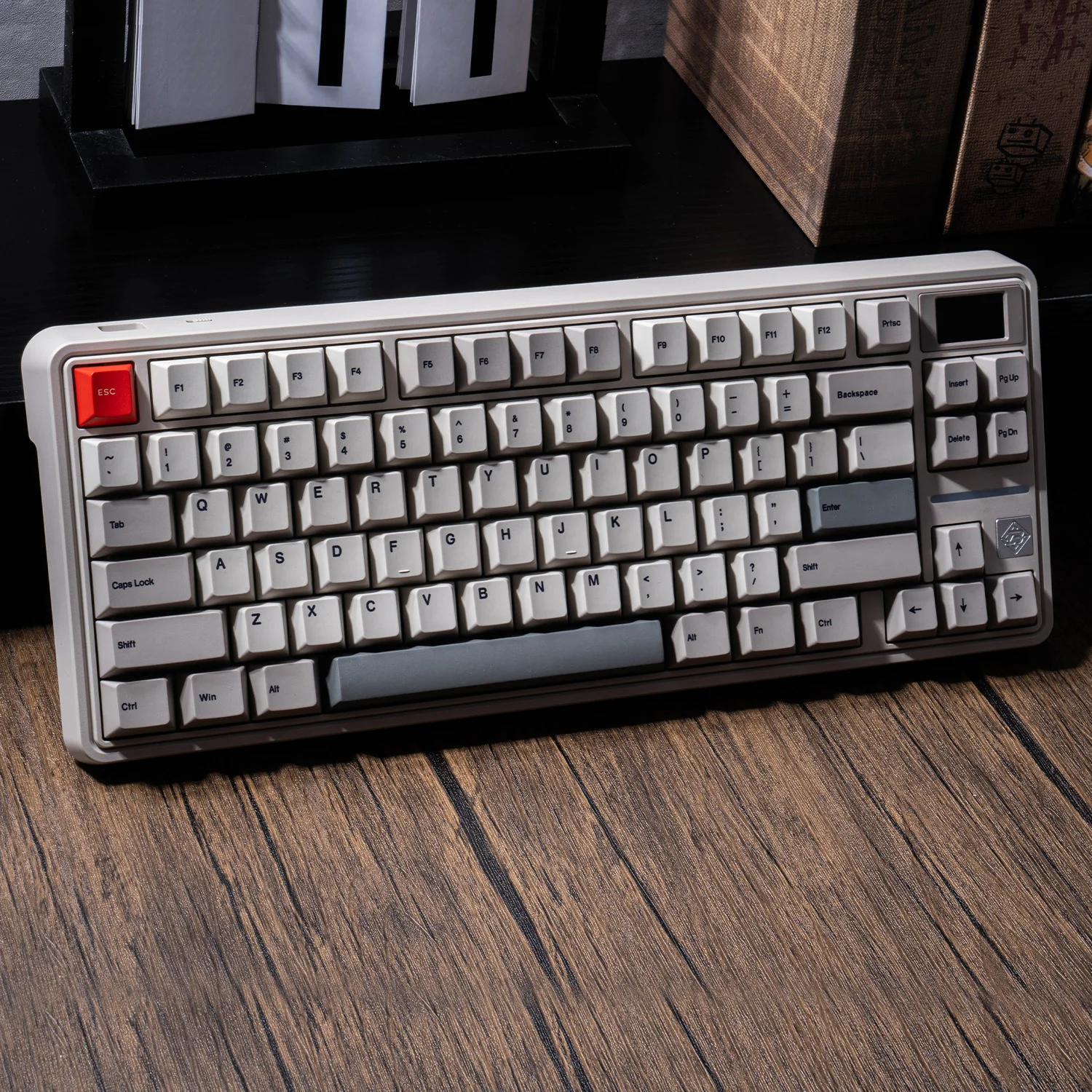 Key Differences Between Mechanical and Normal Keyboards
Key Differences Between Mechanical and Normal Keyboards
Construction and Longevity
Mechanical keyboards are built using individual mechanical switches for each key. This design offers better durability and can last for over 50 million keystrokes. The robust construction ensures consistency over time. On the other hand, normal keyboards rely on a membrane or rubber dome underneath their keys. These materials wear out faster, reducing the keyboard’s lifespan compared to mechanical keyboards.
Typing Experience and Tactile Feedback
Mechanical keyboards deliver precise tactile feedback with each keypress. They offer various switch options like linear, tactile, or clicky, providing a custom typing experience. Normal keyboards, however, feel softer and lack the clear actuation feedback of mechanical keyboards. For typists and those who type frequently, the tactile nature of mechanical keyboards enhances accuracy and comfort.
Noise Levels and Usage Preferences
The sound levels differ greatly between the two types. Mechanical keyboards can produce noticeable sounds, especially with clicky switches. This can be distracting in quiet spaces or shared environments. Normal keyboards are much quieter, making them suitable for offices or noise-sensitive settings. However, the quieter operation may come at the cost of reduced typing satisfaction for some users.
Pros and Cons of Mechanical Keyboards
Advantages of Mechanical Keyboards
Mechanical keyboards have a wide range of benefits that make them highly preferred by gamers, typists, and tech enthusiasts:
- Durability: Mechanical switches are built to withstand over 50 million keystrokes, ensuring long lifespan.
- Tactile Feedback: Each key press feels precise and satisfying, improving typing accuracy and comfort.
- Customizability: Users can swap keycaps and switches to personalize their keyboards.
- Variety of Switch Styles: Choose your preferred switch type, whether linear, tactile, or clicky.
- Enhanced Typing Speed: The clear actuation point supports faster, more reliable typing or gaming performance.
- Premium Build Quality: Strong materials and construction result in a solid and sturdy feel during use.
Disadvantages of Mechanical Keyboards
While mechanical keyboards excel in quality and performance, they do come with some downsides:
- Higher Cost: Mechanical keyboards are more expensive than standard membrane keyboards.
- Noise Levels: Clicky switches can produce loud sounds, which may disturb others in shared spaces.
- Heavier Build: These keyboards are bulkier and less portable compared to normal keyboards.
- Power Consumption: Some models, especially gaming ones, may consume more power if backlit.
- Learning Curve: For first-time users, getting used to the tactile feedback may take time.
Mechanical keyboards offer incredible benefits but require careful consideration of personal preferences and use cases.
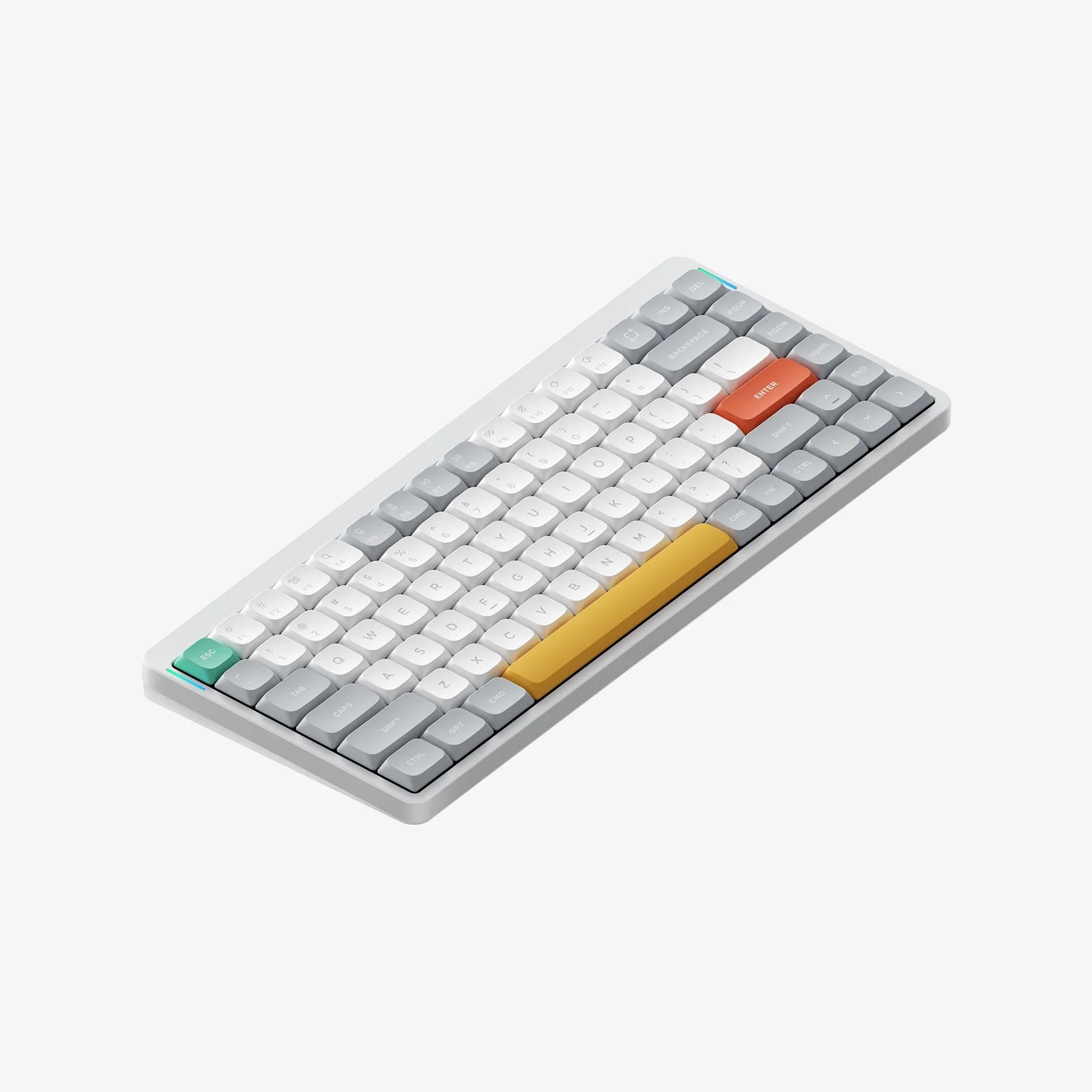 Pros and Cons of Normal Keyboards
Pros and Cons of Normal Keyboards
Advantages of Normal Keyboards
Normal keyboards, also known as membrane keyboards, come with several advantages that cater to a wide range of users:
- Affordable Pricing: These keyboards are cost-effective, making them accessible to more people.
- Quiet Typing: Their design ensures minimal noise, ideal for shared or quiet spaces.
- Slim and Lightweight Build: The compact design makes them easy to carry and suitable for travel.
- Easy Maintenance: They are simple to clean and maintain due to their sealed membrane structure.
- Widely Available: They are the most common keyboard type, found in almost every electronics store.
These key features make membrane keyboards practical for everyday use.
Disadvantages of Normal Keyboards
While membrane keyboards are popular, they come with notable drawbacks:
- Shorter Lifespan: They wear out faster, often handling fewer keystrokes than mechanical keyboards.
- Lack of Tactile Feedback: They do not provide the precise feedback mechanical keyboards offer.
- Limited Customization: Swapping keycaps or modifying switches is generally not possible.
- Inconsistent Key Presses: Over time, keys may feel mushy or fail to register properly.
- Reduced Typing Efficiency: The absence of clear actuation points may hinder typing accuracy and speed.
Despite their affordability, these limitations can affect longevity and performance.
Use Cases: Which Keyboard is Right for You?
Choosing between a mechanical and a normal keyboard depends on your specific usage needs. Each type offers unique benefits and limitations tailored to different scenarios.
For Gamers
Gamers often benefit from mechanical keyboards for their durability and responsiveness. The precise actuation of mechanical switches enables faster reaction times in games. Key anti-ghosting and N-key rollover features ensure all key presses register, even during intense gaming sessions. Additionally, gaming-specific mechanical keyboards offer customizable RGB backlighting, adding to the immersive experience. Linear switches are particularly favored by gamers for their smooth and quiet operation, minimizing distractions.
For Typists and Office Workers
For typists and office workers, typing comfort and accuracy are crucial. Mechanical keyboards provide tactile feedback that enhances typing speed and reduces errors. Typists often prefer tactile or clicky switches because of their satisfying actuation feedback. However, for shared office spaces or homes, noise-sensitive environments may lean towards quieter mechanical keyboards or membrane keyboards. Membrane keyboards offer a softer typing feel and minimal noise, ideal for spaces requiring silence.
For Budget and Portability Considerations
Membrane keyboards are excellent for those on a budget. They are more affordable and widely available. Additionally, their slim and lightweight structure makes them portable, perfect for traveling. If portability is key and you value quiet typing, they are a practical choice. Mechanical keyboards, while pricier and heavier, provide long-term value due to their durability. They are a better choice for those willing to invest in a reliable and high-performing keyboard for desktop use.
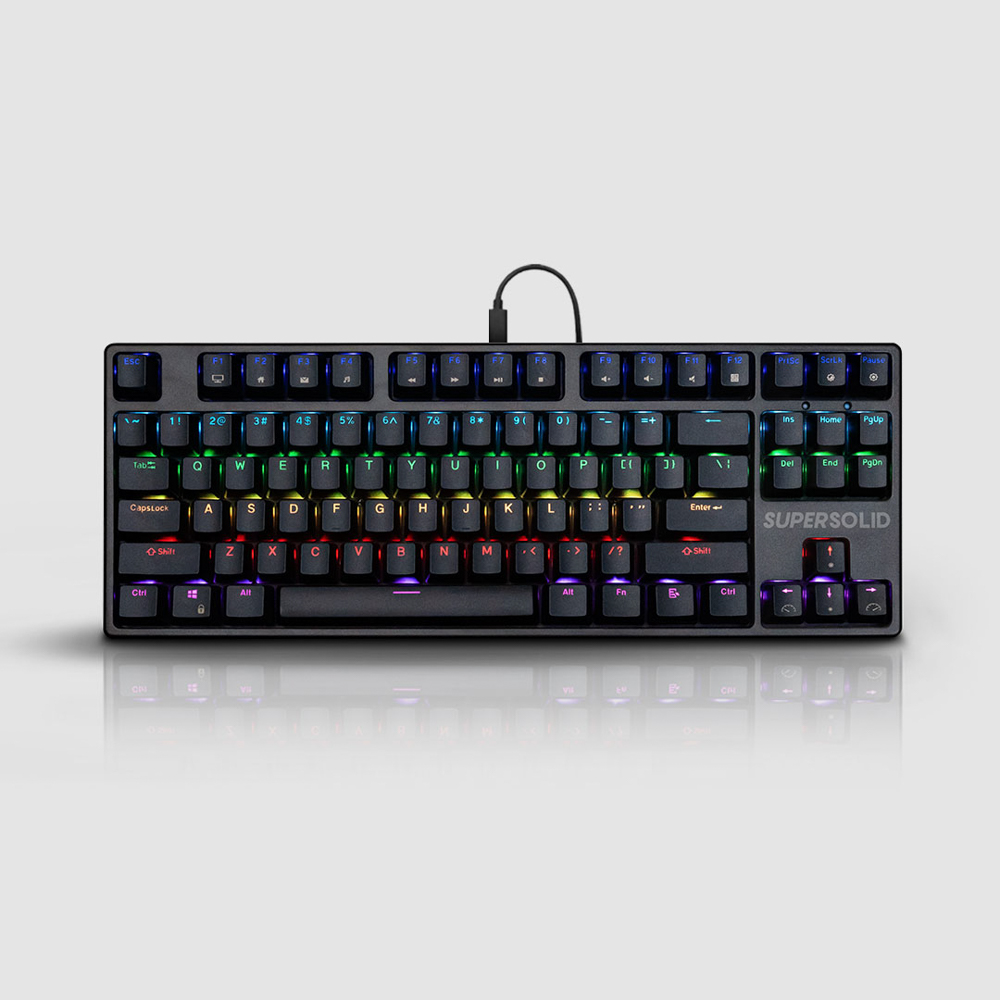 Importance of Choosing the Right Keyboard for Your Workflow
Importance of Choosing the Right Keyboard for Your Workflow
Selecting the correct keyboard is crucial for enhancing both productivity and comfort. Whether you are a gamer, typist, or casual user, the keyboard you choose directly impacts your experience. Let’s explore how the right keyboard contributes to these factors.
How Keyboard Choice Impacts Productivity and Comfort
- Improved Typing Speed and Accuracy: Mechanical keyboards, with their tactile feedback, can significantly enhance typing efficiency.
- Reduced Strain: Ergonomic designs in mechanical keyboards prevent fatigue during prolonged use. Membrane keyboards, being softer, may be easier for beginners.
- Task-Specific Optimization: Gamers benefit from mechanical keyboards for quick response, while casual users might prefer quieter membrane keyboards.
- Adaptability for Preferences: Mechanical keyboards allow key switch and keycap customization, tailoring the setup for optimal comfort.
- Better Workflow Satisfaction: A comfortable typing experience reduces frustration, ensuring smoother workflows and creative focus.
Long-Term Value and Personal Preferences
- Durability: Mechanical keyboards last longer, often outliving membrane keyboards by several years. This makes them a better long-term investment.
- Cost Consideration: Membrane keyboards are budget-friendly, perfect for users with minimal typing or gaming needs.
- Customization Flexibility: Mechanical keyboards allow personal adjustments, such as RGB lighting and tactile switches. This enhances user satisfaction.
- Noise Tolerance: Noise-sensitive users may prefer quieter membrane keyboards for shared environments, while others enjoy the clicky feedback of mechanical keyboards.
- Lifestyle Match: Portability matters for mobile workers, making membrane keyboards practical. Desktop enthusiasts often find mechanical keyboards more fulfilling.
Choosing the right keyboard aligns with personal needs and ensures lasting productivity and comfort.
Health Considerations: Reducing Strain and Injury
Keyboard choices can significantly impact your physical health, particularly concerning repetitive strain injuries (RSIs) and overall hand comfort. The comparison between mechanical keyboard vs normal keyboards includes important health-related considerations.
Reducing Strain with Mechanical Keyboards
Mechanical keyboards often incorporate ergonomic designs that promote a natural hand position, reducing strain on the wrists and fingers. Features such as split keyboards, adjustable tenting, and integrated wrist rests help users maintain a comfortable typing posture, minimizing the risk of developing RSIs.
The individual key switches in mechanical keyboards also require less force to actuate, decreasing the effort needed for each keystroke and reducing overall hand fatigue. This makes mechanical keyboards a healthier option for those who type extensively, contributing to long-term hand and wrist health.
Health Benefits of Normal Keyboards
Normal keyboards with ergonomic designs can also provide health benefits by promoting proper hand positioning and reducing strain. Features like cushioned wrist supports and adjustable angles help maintain a comfortable typing posture, preventing discomfort during prolonged use.
While normal keyboards may not offer the same level of ergonomic customization as mechanical keyboards, they still provide essential support to enhance user comfort and prevent strain. For users seeking a balance between cost and ergonomics, normal ergonomic keyboards present a viable solution.
Environmental Impact and Sustainability
Considering the environmental impact of your keyboard choice is increasingly important. Both mechanical and normal keyboards have different implications in terms of sustainability and environmental friendliness.
Environmental Considerations of Mechanical Keyboards
Mechanical keyboards tend to have a longer lifespan compared to normal keyboards, which contributes to reduced electronic waste. Their durable components and ability to replace individual switches and keycaps mean that fewer keyboards end up in landfills over time.
Additionally, many manufacturers are now focusing on producing mechanical keyboards with sustainable materials and eco-friendly manufacturing processes. This shift towards sustainability enhances the environmental benefits of choosing a mechanical keyboard, making them a more responsible choice for environmentally conscious consumers.
Sustainability of Normal Keyboards
Normal keyboards, while generally more affordable, have a shorter lifespan due to their reliance on membrane technology, which wears out more quickly. This leads to increased electronic waste as keyboards are replaced more frequently.
However, some normal keyboards are designed with recyclable materials and environmentally friendly packaging, which can mitigate their environmental impact. Choosing a normal keyboard from a brand committed to sustainability can help reduce your ecological footprint, even if the keyboard itself is not as long-lasting as a mechanical counterpart.
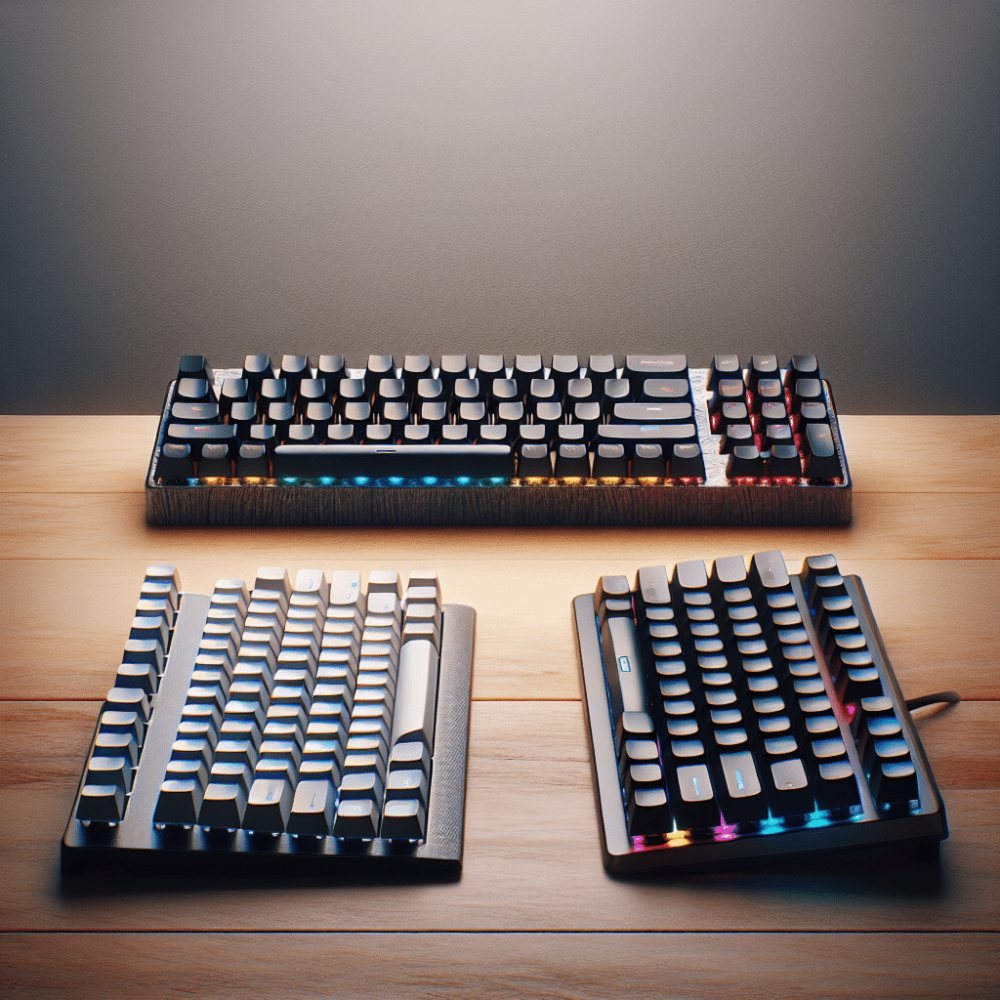 Conclusion
Conclusion
When deliberating mechanical keyboard vs normal keyboards, it’s essential to weigh the distinct benefits and drawbacks of each option. Mechanical keyboards stand out for their superior durability, tactile feedback, customization options, and ergonomic benefits, making them an excellent choice for gamers, professionals, and typing enthusiasts seeking an enhanced typing experience. On the other hand, normal keyboards offer affordability, simplicity, and quieter operation, making them suitable for everyday use in both home and office environments.
Ultimately, the decision between a mechanical keyboard and a normal keyboard depends on your specific needs, budget, and personal preferences. By considering factors such as typing experience, durability, ergonomics, and environmental impact, you can select the keyboard that best aligns with your requirements and enhances your overall productivity and comfort. Whether you prioritize the rich feedback and longevity of a mechanical keyboard or the cost-effectiveness and quiet operation of a normal keyboard, understanding the key differences ensures that you make an informed and satisfying choice.